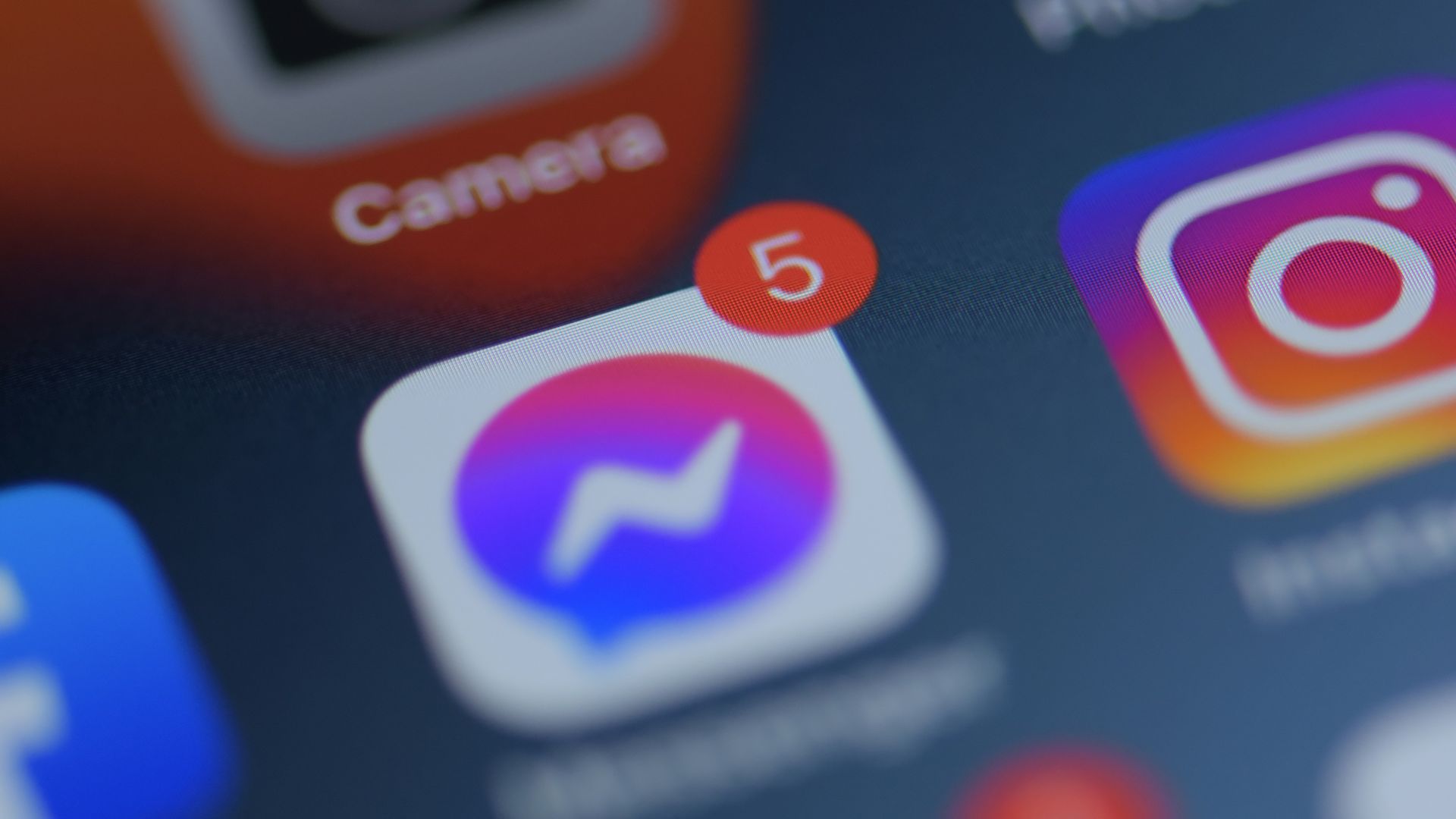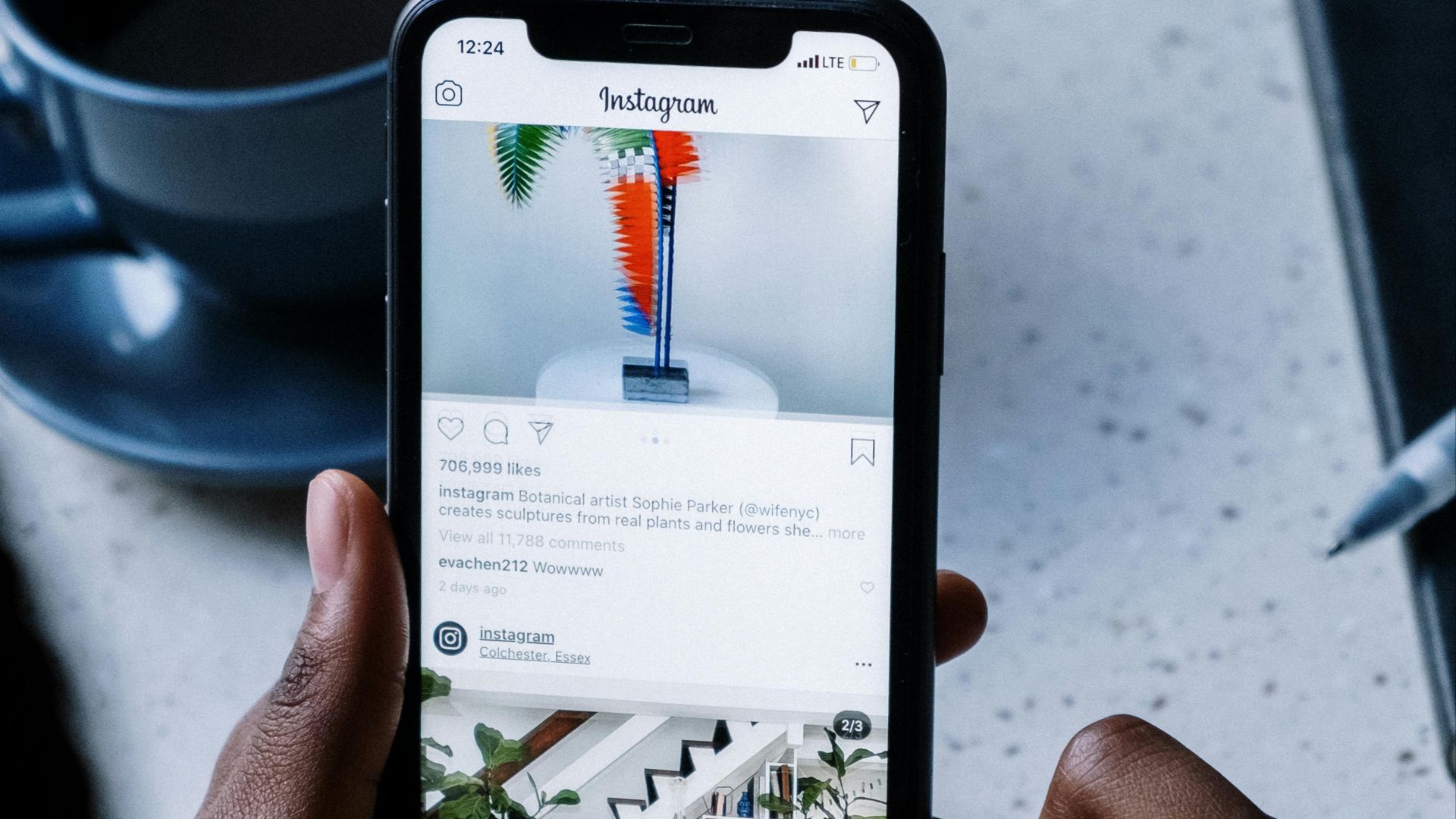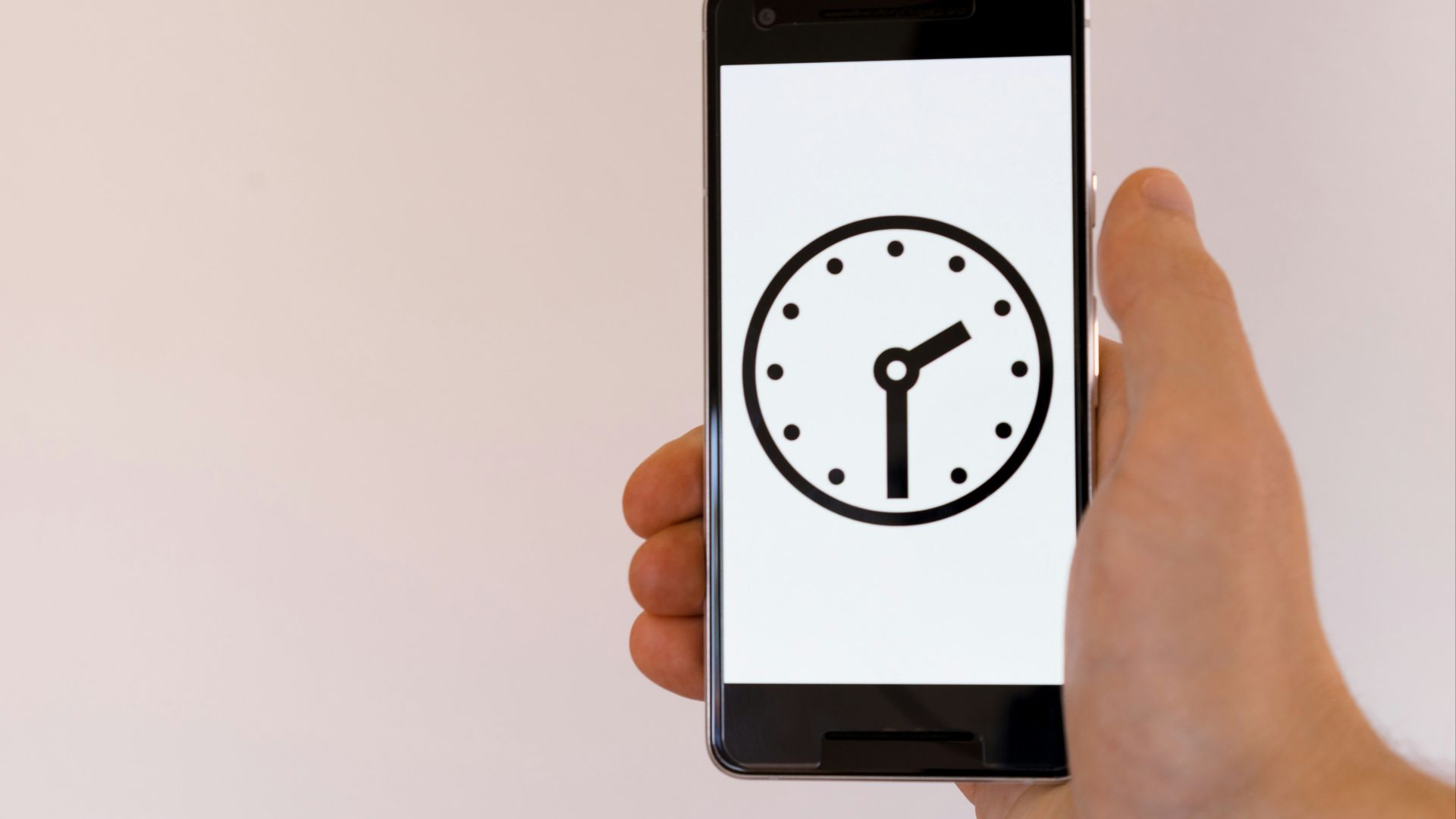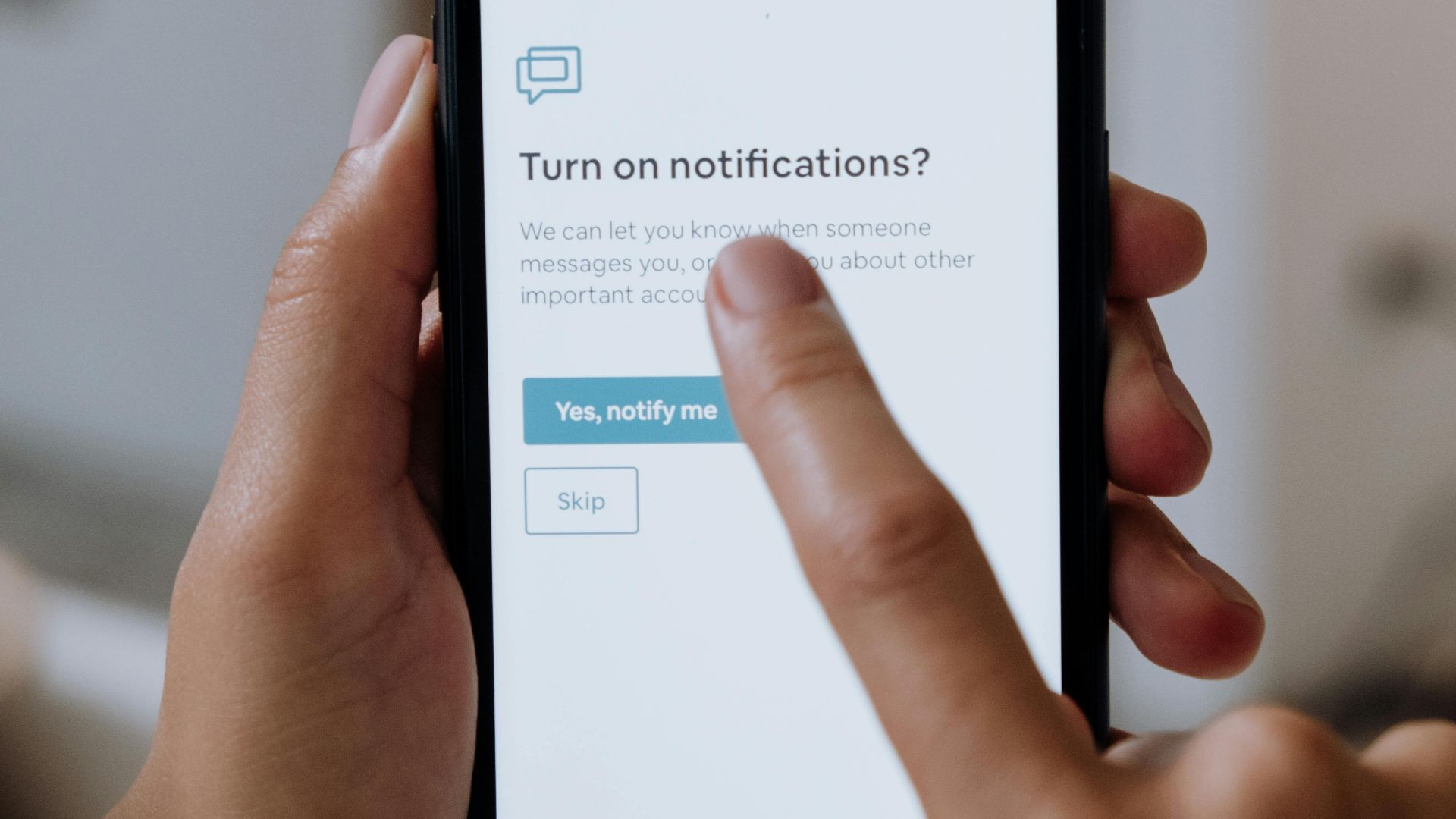10 Ways Tech Companies Get You Hooked & 10 Strategies For Curbing Your Addiction
Spending Too Much Time Scrolling?
From endless feeds to constant notifications, tech companies understand your psychology better than you might assume. They've mastered the art of capturing attention and know all the tricks for making their products irresistible so they can continue making millions. However, breaking free from the feedback loops isn't impossible; it just takes some constant effort. Here are 10 ways tech companies get you hooked and 10 strategies for curbing your technology addiction so you can take back control of your time and focus.
 Photo By: Kaboompics.com on Pexels
Photo By: Kaboompics.com on Pexels
1. Push Notifications
It's hard to ignore your phone when it's constantly buzzing and lighting up. Notifications from various apps are designed to grab your attention, even if they're unimportant.
2. Algorithms
You've probably noticed that the content you see on social media and other websites is eerily tailored to you. This isn't by accident; apps use your data to feed you relevant content so you keep coming back.
3. Endless Feeds
Imagine scrolling through social media and having the feed suddenly end. You would probably stop scrolling and do something else. That's why feeds are designed to be endless.
4. Positive Feedback Loops
Dopamine-fueled feedback loops are the core of addiction. When you get a "like" on social media or digital confetti for beating a game level, it gives your brain a hit of dopamine, which is highly addictive. Tech companies know this and try to make your experience as dopamine-inducing as possible.
5. Gamification
Gamification isn't just for games. All kinds of websites and apps utilize badges, streaks, and content bars to keep you satisfied and coming back.
6. FOMO
Tech companies know the power of FOMO, and they constantly trigger it by giving you limited-time offers, notifications, and countdown timers. They make consumers feel like VIPs or early adopters to kickstart trends.
7. Intermittent Variable Rewards
Tech companies associate their product with a reward to get you addicted to a practice known as intermittent variable rewards. Things like notifications that may convey important messages have you checking your phone repeatedly throughout the day without even realizing it.
8. Social Validation
Seeing people interact with content you post online is a form of social validation. Earning approval from our tribe is a natural, deeply rooted human desire that tech companies use to keep you interacting.
9. Auto Play
Similar to how endless feeds keep you scrolling, auto-play on video keeps you watching. If there's not a moment's break, there's nothing to signal that you should take a pause or do something else. This is why we accidentally burn through hours in YouTube holes or watching reels.
 S O C I A L . C U T on Unsplash
S O C I A L . C U T on Unsplash
10. Emotional Triggers
Tech companies are hip to the fact that humans are emotional creatures, and they are not above taking advantage of this to make a profit. Something as simple as seeing that your friends use a certain platform or as creepy as Alexa speaking in the voice of your dead relative can trigger emotional responses that keep you hooked.
Now that we've covered how tech companies are controlling your mind, let's go over some strategies for curbing your addiction.
1. Set Screen Time Limits
On your phone, there's a built-in screen time or digital well-being feature you can use to set boundaries for yourself. It's fully customizable, and you can set it differently for each app.
2. Focus On The Real World
Instead of the quick dopamine rush you get from technology, focus on the real world. Here, you will experience a deeper sense of true joy, mental clarity, and well-being.
3. Take A Digital Detox
Most of us are far too reliant on technology in our day-to-day lives for anything from work to entertainment. Next time you have a day off, consider turning your devices on airplane mode and being fully tuned into the real world. Digital detoxes have proven benefits like reducing anxiety, enhancing focus, and improving sleep.
4. Get A "Dumb Phone"
If you're really sick of apps playing a far too prominent role in your life, consider getting a "dumb phone," or a basic phone that can only call and text. This way, you can still communicate with the people in your life, but you don't have all the noise of constant notifications that don't really matter.
5. Log Your Internet Use
Logging your internet use is a great way to shift your thinking to be more mindful about your consumption. Many of us are guilty of constantly checking our phones or scrolling through social media without a second thought, but if you actually keep track of how much time you're wasting, it can change the way you spend your time.
6. Use Grayscale Mode
Believe it or not, the colorful icons on your phone spike your dopamine response. Something as simple as turning your phone to grayscale mode can reduce addiction and screen time by making your phone less stimulating.
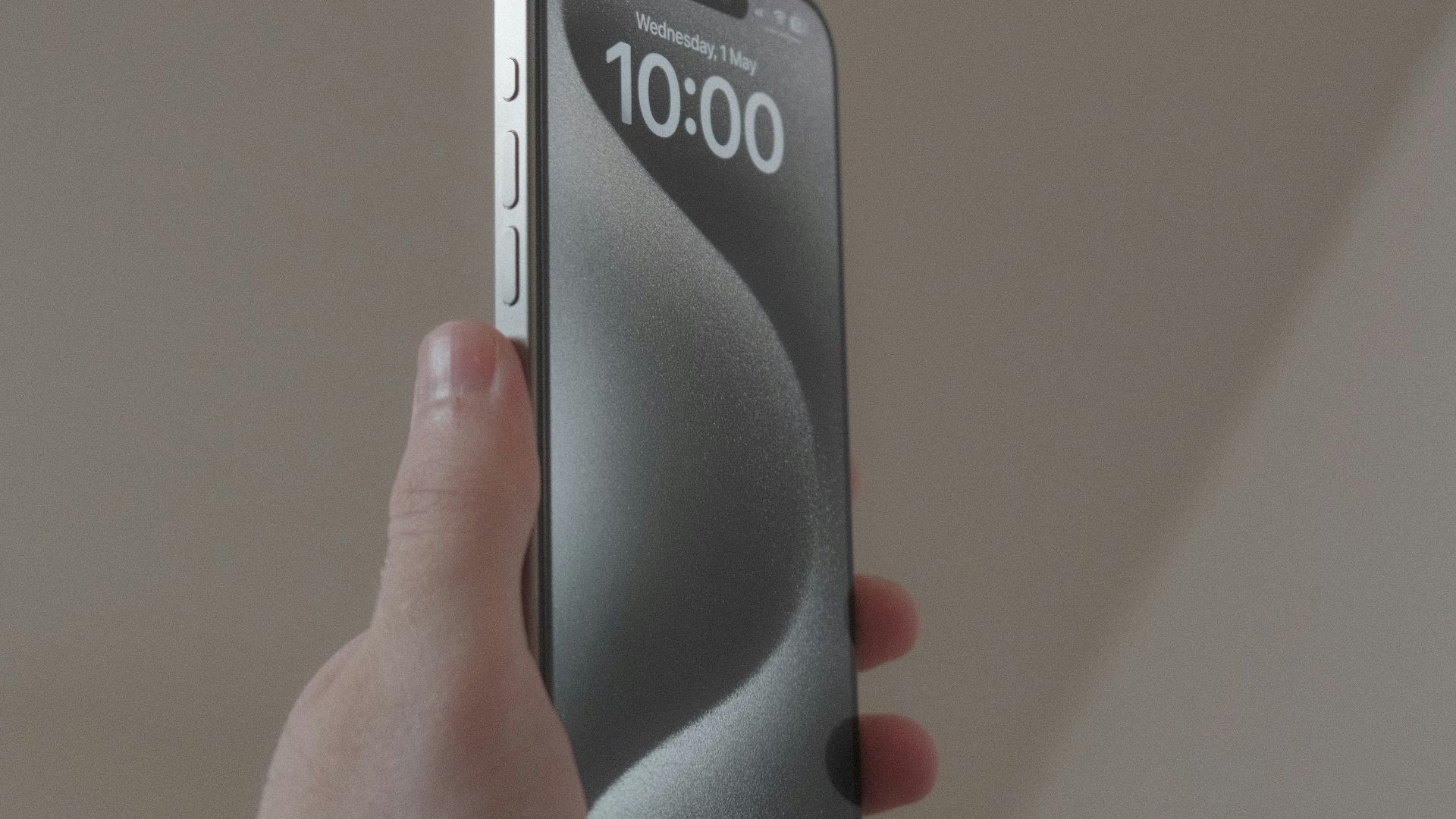 Cătălin Dumitrașcu on Unsplash
Cătălin Dumitrașcu on Unsplash
7. Disable Notifications
Disable any non-essential notifications that don't serve as anything more than distractions. Notifications are incredibly distracting and are used to draw your attention to your device.
8. Create Tech-Free Zones
Create tech-free zones in your home where devices aren't allowed. Keeping technology out of your bedroom can enhance sleep, and keeping it out of the dining room will encourage a more social environment.
9. Seek Accountability
Let your friends and family know that you're trying to cut down your screen time. They can help hold you accountable, stay committed, and it may even have a reciprocal effect.
10. Get Professional Help
Technology addiction is an addiction like any other. If you feel it's negatively affecting your mental and physical health, productivity, and relationships, you may want to consider seeking professional help.


